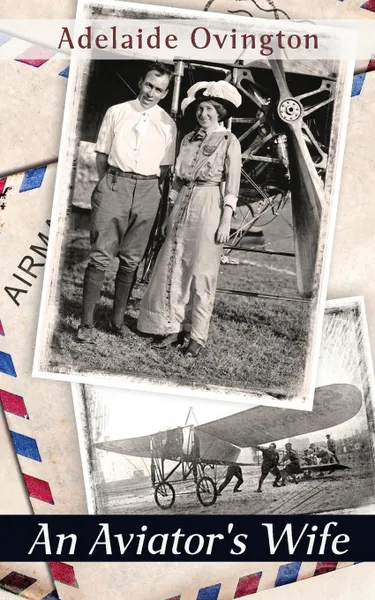An Aviator's Wife 12+
Автор: Adelaide Ovington
2013
216 страниц
Категория: Литература на иностранных языках
ISBN: 9781626549579
Язык: Английский
📘 Earle Ovington was an American aeronautical engineer, aviator, and inventor, who also served as a lab assistant to Thomas Edison. Best known as an accomplished and pioneering exhibition pilot, Ovington first learned to fly in France in 1906; in 1911 he flew the first official airmail flight in the United States in a Bleriot XI. To put those dates in perspective, the Wright Brothers made their initial 12-second mechanical human flight on December 17, 1903 and developed flying machines into practical aircraft during the years 1905 to 1907. So Ovington's piloting days put him at the cutting edge of human flight.From a twenty-first-century perspective, carrying mail, making long flights, or even doing stunt exhibitions may not suggest high adventure and daring, but when Ovington flew in the early days of mechanical flight, even ordinary outings were very risky. As his wife Adelaide explains, planes of the time were held together and guided not by cables but by very thin wires. If the wrong wire broke, it meant certain death. Despite these risks, Ovington soared with a charismatic fearlessness, as hinted at by the lucky 13 he painted on his plane's wing. As good fortune would have it, Adelaide proves as charming as Earle was daring. In An Aviator's Wife, Adelaide captures the flavor of the times, paints a vivid portrait of her marriage, and provides a lively and entertaining account of Earle's adventures. An Aviator's Wife is a must-read for anyone captivated b...
Мнения
